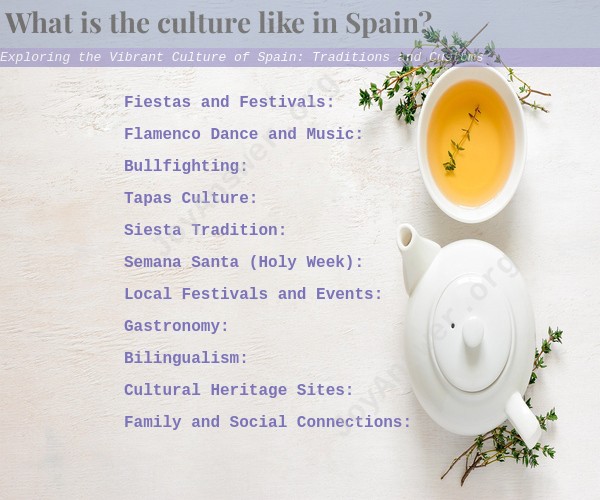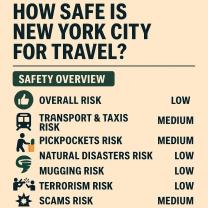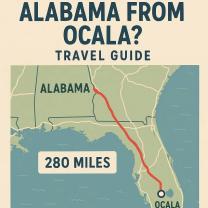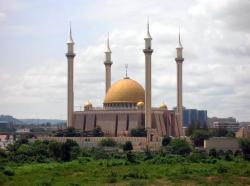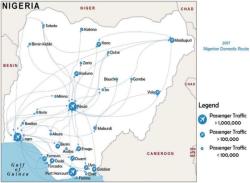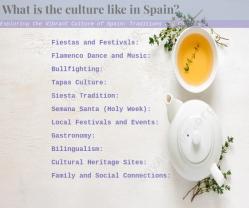What is the culture like in Spain?
Spain is known for its vibrant and diverse culture, which is a blend of various historical influences, regional traditions, and modern trends. Here are some key traditions and customs that contribute to Spain's rich cultural landscape:
1. Fiestas and Festivals:Spain is famous for its lively fiestas and festivals that celebrate religious, historical, and cultural events. One of the most well-known is La Tomatina, a tomato-throwing festival, while the Running of the Bulls during the San Fermín festival in Pamplona is another iconic event.
2. Flamenco Dance and Music:Flamenco is an integral part of Spanish culture, known for its passionate dance, guitar music, and soulful singing. It originated in the Andalusian region and has become a symbol of Spain's artistic expression.
3. Bullfighting:Bullfighting, although controversial, is deeply rooted in Spanish history and culture. It's considered both a sport and an art form, and it has its origins in religious rituals.
4. Tapas Culture:The tradition of tapas involves enjoying small, flavorful dishes accompanied by drinks. It's a social activity that encourages people to share food and conversation in bars and restaurants.
5. Siesta Tradition:The siesta is a midday rest or nap that has traditionally been observed in Spain, particularly in warmer regions. While modern life has led to changes in this practice, the concept of taking a break during the hottest part of the day still persists in some areas.
6. Semana Santa (Holy Week):Semana Santa is an important religious observance leading up to Easter. It is marked by processions, ceremonies, and events that depict the Passion of Christ. Different regions have unique traditions associated with Semana Santa.
7. Local Festivals and Events:Each region of Spain has its own unique festivals, such as the Fallas in Valencia, Feria de Abril in Seville, and San Isidro Festival in Madrid. These events showcase regional costumes, music, dance, and cuisine.
8. Gastronomy:Spanish cuisine is celebrated globally for its diverse flavors and ingredients. From paella and tapas to churros and jamón ibérico, food is a central aspect of Spanish culture and social gatherings.
9. Bilingualism:Spain has multiple languages due to its diverse regions. While Spanish (Castilian) is the official language, Catalan, Galician, and Basque are also widely spoken in their respective areas.
10. Cultural Heritage Sites:Spain boasts numerous UNESCO World Heritage Sites, including the Alhambra in Granada, Sagrada Familia in Barcelona, and the historic city of Toledo. These sites showcase the country's rich history and architectural wonders.
11. Family and Social Connections:Spanish culture places a strong emphasis on family, with many gatherings and celebrations involving extended family members. Socializing with friends and family is an integral part of daily life.
These are just a few examples of the vibrant traditions and customs that make up Spain's cultural tapestry. Keep in mind that Spain's culture is diverse and can vary significantly from region to region, so exploring different areas can provide even deeper insights into its rich heritage.
